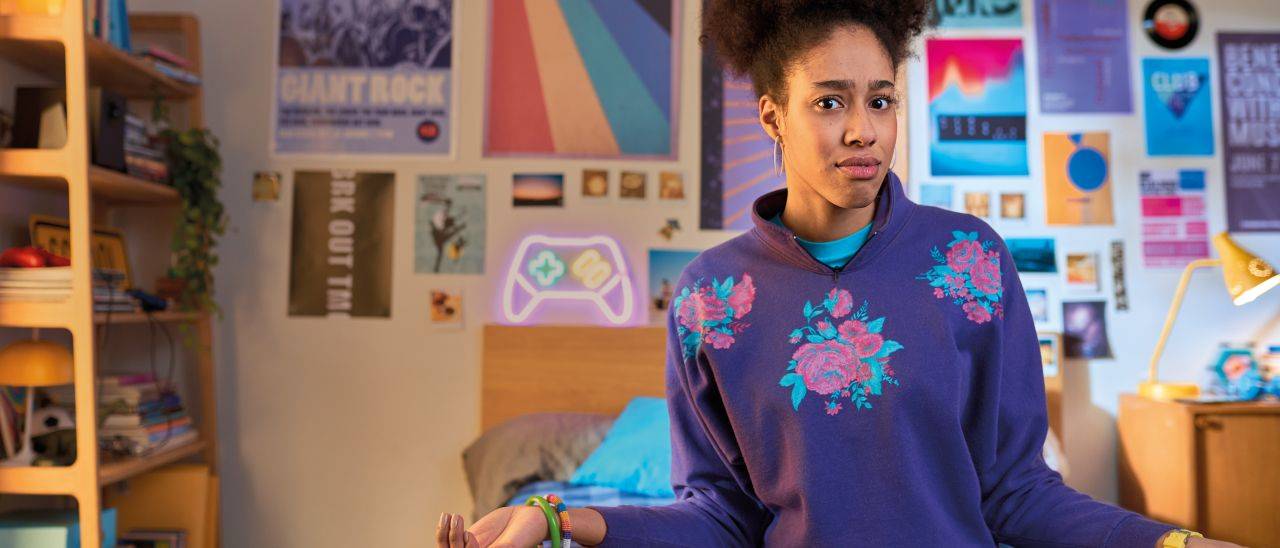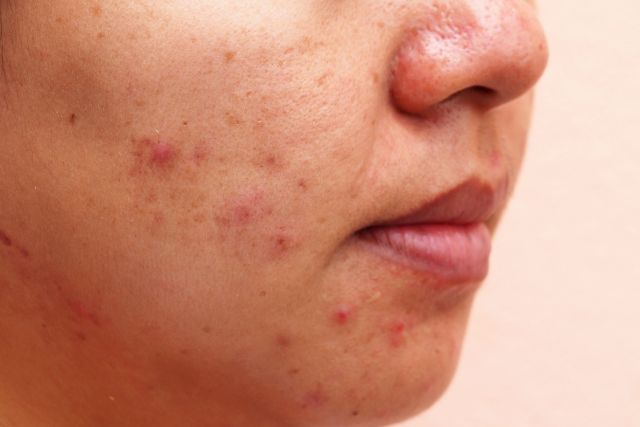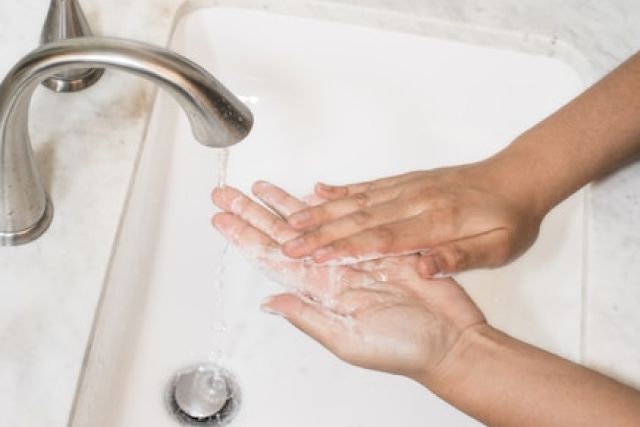
What's the difference between spots and acne?
Pimples. Zits. Spots. There are so many names we give to those irritating blemishes on our faces and bodies that it can get pretty confusing. What can be even more confusing though is when we introduce the word acne to the mix. So what’s the difference between acne and spots?
What is acne?
Acne is a very common skin condition that can cause pimples (pustules), red spots (papules), whiteheads, blackheads and cysts on the face and body.
Acne is caused when tiny holes in the skin, known as hair follicles, become blocked. This can be caused by excess oil and when C.acnes (a form of bacteria) contaminate and infect the plugged follicles. Find out more about what acne is and what causes it.
Acne vs spots
How do I know if it’s acne or just spots? Well, when people refer to spots, they generally see them as just single spots that will usually settle after a while. In contrast, acne is seen as several blemishes at a time that occur frequently and require treatment (and time) to resolve. Acne also comes in varying levels of severity – from mild to severe.

Types of acne spots
Acne impacts roughly 80% of adolescents and young adults. So, you are far from alone.
There are actually six types of acne spots, which we outline below:
1. Whiteheads
These (and blackheads) are on the mild side of the acne spectrum. Whiteheads are a non-inflammatory type of acne, which generally means they are not painful and do not cause swelling. Medical folk sometimes refer to them as closed comedones. They generally look like white spots or bumps.
2. Blackheads
These tiny flecks are uninfected, blocked follicles known as open comedones. And no, they are not trapped dirt – they are very similar to whiteheads, but open (interesting fact: when a whitehead comes into contact with air, aka oxidation, it darkens).
3. Papules
Now we’re moving into inflammatory territory. Papules are bumps under the skin’s surface. They have no visible centre and can be red, inflamed and sore.
4. Pustules
These guys look like bigger, angrier whiteheads. In fact, they are often confused with whiteheads. The difference is a whitehead is a blocked hair follicle while a pustule is filled with, yup, pus, thanks to the accumulation of immune and bacteria cells.
5. Nodules
This type moves us into the more moderate to severe end. Nodules are deep in the skin and have no visible head. They occur when clogged pores hurt tissues and cells deep within the skin’s surface.
6. Cysts
These form deeper into the skin than nodules. They are soft and large and can be red or white and are filled with pus.
How can I treat acne?
Your acne treatment depends on your skin type and the type of acne you have. For mild cases of acne, our Acnecide Face Gel Spot Treatment and Face Wash, contain the active ingredient Benzoyl-Peroxide (BPO) which can combat blackheads and whiteheads. BPO kills up to 95% of spot-causing bacteria to help clear skin and help prevent future breakouts. Alongside treatment, you should also look at implementing a daily skincare routine.
Your new daily skincare routine
As well as treating spots, it is important to cleanse and moisturise, to keep your skin happy and healthy. Get into a routine and apply your cleanser, treatment and moisturiser consistently to help improve your results. Consistency is essential in the battle against acne. Our new range of Purifide products includes cleansers and moisturisers for all types of skin. Even when your spots have disappeared, you should continue using Purifide’s Daily Cleanser to keep skin clear and products like our Oil Control Moisturiser to prevent oil build-up and lock in moisture.

What happens if it’s not getting better?
More moderate to severe forms of acne like nodules and cysts require professional advice and treatment. For those who find acne interfering with their day-to-day life, don’t suffer in silence - there is help out there!
It will take time to get acne under control, even mild acne (up to 4 weeks using BPO), but don’t worry – the main point is that it can be controlled. And if you are ever unsure of how to treat your acne, always speak to your pharmacist or doctor.

